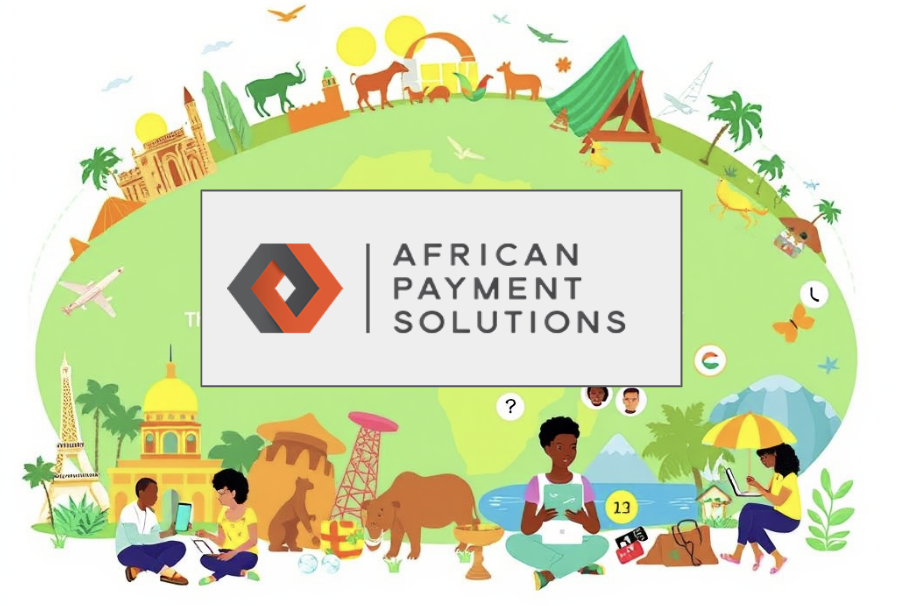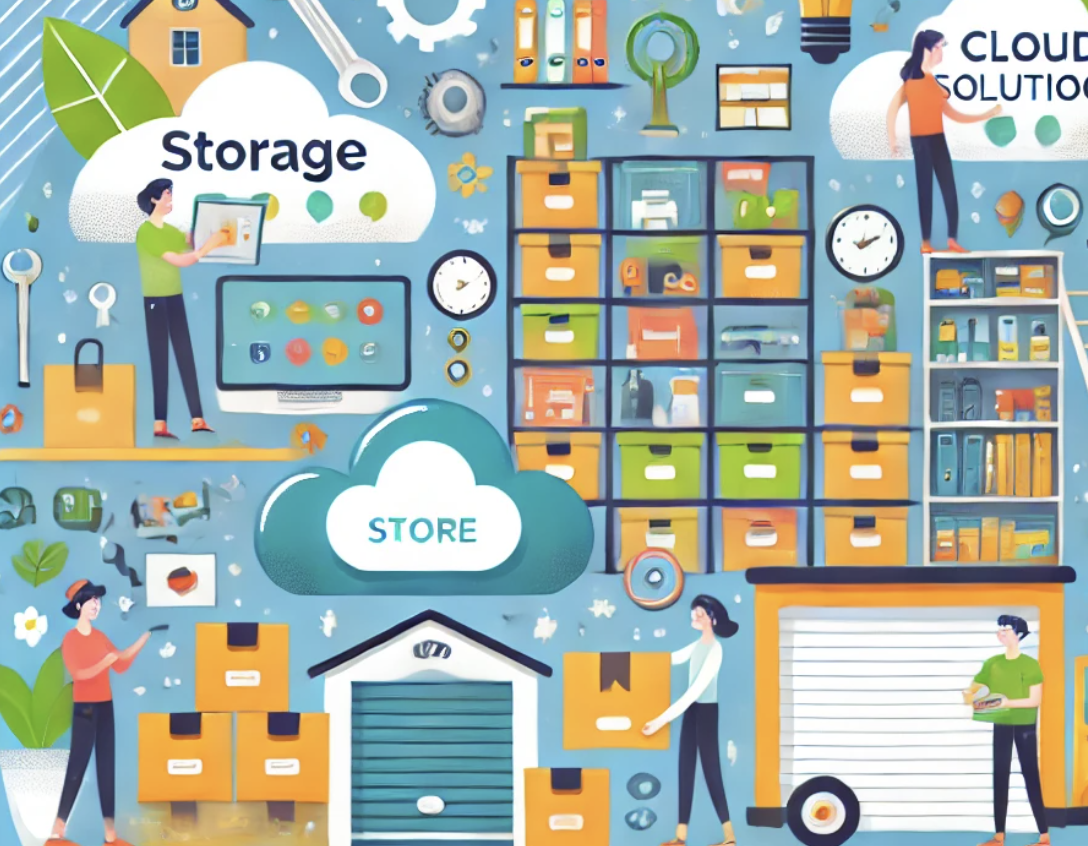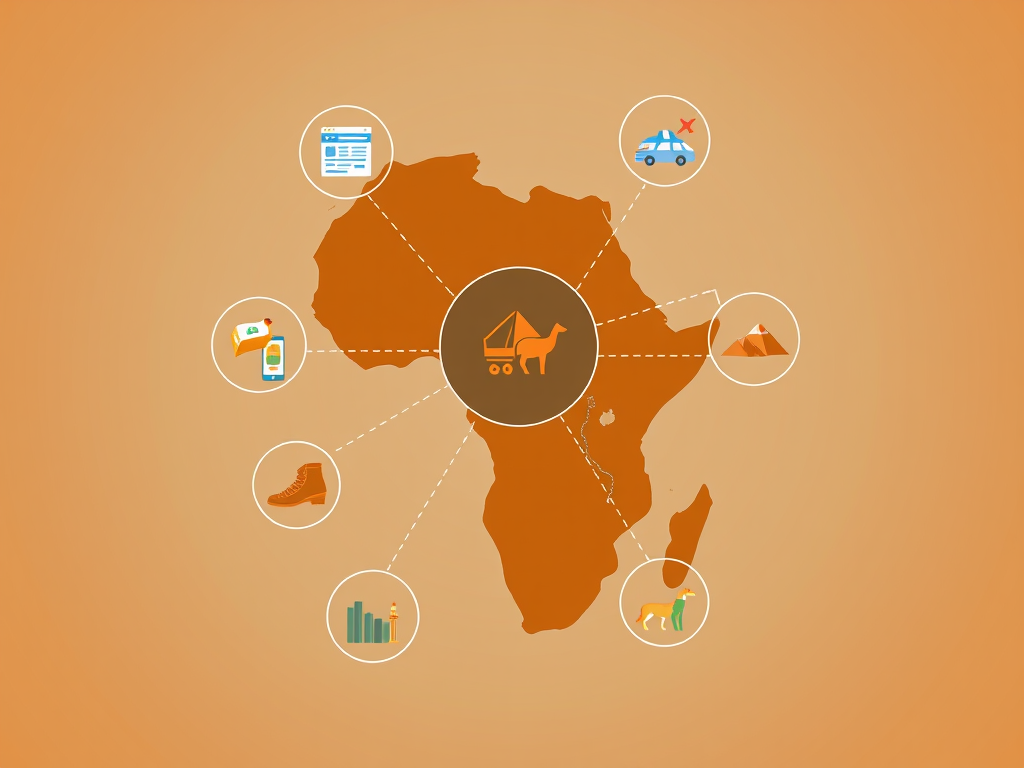The online travel industry is undergoing a massive transformation, and at the heart of it lies the evolution of online payment systems. For Online Travel Agencies (OTAs) to thrive, integrating diverse, secure, and user-friendly payment solutions is no longer optional—it’s essential. Here’s why:
- Global Payment Preferences: Payment preferences vary significantly by region. In Asia-Pacific, digital wallets like Alipay and WeChat Pay dominate. Meanwhile, in North America, credit and debit cards remain primary, though mobile wallets are gaining traction. OTAs must adapt to these local nuances to capture a global audience. In Africa its mainly credit and debit cards and mobile money, but bank transfers are becoming popular.
- Fintech Innovation: Fintech innovation is optimising payment services globally. The ability to handle a high volume of transactions per second, whilst ensuring system stability and reducing settlement times.
- Cross-Border Solutions: As international travel recovers, seamless cross-border payments are crucial. Real-time payment networks and crypto technology facilitate faster and more cost-effective transactions, reducing currency conversion fees and processing times.
- Fraud Prevention: With cyber threats becoming more sophisticated, AI and machine learning (ML) are vital for fraud detection and prevention. These tools analyse transaction patterns in real-time, enhancing security and improving customer trust.
- Personalised Experiences: Travellers expect payment options tailored to their preferences. AI and data analytics enable OTAs to offer dynamic pricing and payment choices based on location, currency, and booking history, reducing cart abandonment.
OTAs must prioritise flexibility, security, and scalability to meet evolving customer expectations and stay competitive. Embracing these payment trends will not only enhance the traveller experience but also drive business growth in an increasingly digital world.
Thank you to The PayPers for inspiration https://thepaypers.com/interviews/payment-trends-and-sustainable-travel-regional-and-demographic-differences–1272577
#travel #payments #fintech #traveltechnology #onlinepayments #digitalwallets #AI #machinelearning #crossborderpayments #TripcomGroup












